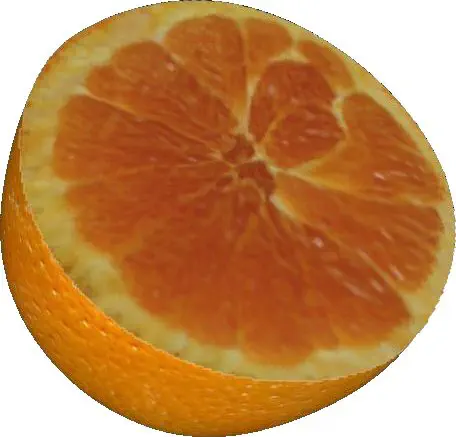
Abstract
In this survey, we illustrate the different algorithms proposed in literature to synthesize and represent solid textures. Solid textures are an efficient instrument to compactly represent both the external and internal appearance of 3D objects, providing practical advantages with respect to classical 2D texturing. Recently, several methods have been proposed to synthesize solid textures. For some of those, which are commonly referred as procedural, colors are obtained by means of functions that algorithmically encode appearance and structure properties of the texture. Alternatively, example-based methods aim to capture and replicate the appearance as described by a set of input exemplars. Within this framework, we propose a novel classification of solid texture synthesis methods: boundary-independent and boundarydependent methods. In the case of boundary-independent methods, the shape of the object to be textured is irrelevant and texture information can be freely generated for each point in the space. Conversely, boundary-dependent methods conform the synthesis process to the actual shape of the object, so that they can exploit this information to orient and guide the texture generation. For better understanding the different algorithms proposed in the literature, we first provide a short introduction on 2D texture synthesis methods, focusing on the main principles which are also exploited for 3D texture synthesis. We review the different methodologies by considering their strengths and weaknesses, the class of appearances they can successfully synthesize, and failure cases. In particular, we focus our attention on advantages and drawbacks of boundary-independent methods with respect to boundary-dependent ones. This PDF contains the Author version, you can downlaod the original version at IEEE Computer Graphics and Applications